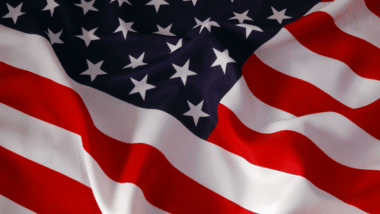A ban on peaceful pro-life witness near abortion centres in a New York county violated free speech rights, a district court has ruled.
District Judge Philip Halpern found that a Westchester County provision which prohibited roadside counselling criminalised “large swaths of protected speech” and he awarded pro-life campaigners Oksana Hulinsky and Regina Molinelli nominal damages of $1.
The US State Department recently ‘applauded’ news that no further action would be taken against a grandmother arrested for holding a ‘here to talk’ sign in an abortion censorship zone in Scotland.
‘Fundamental rights’
Michael McHale, Senior Counsel at Thomas More Society — the group that acted on behalf of Hulinsky and Molinelli — welcomed the decision.
He said that this “sets a precedent that rogue governments may not recklessly trample on the fundamental rights of peaceful pro-life sidewalk counsellors”.
Thomas More Society, he added, looks forward to “continuing to eradicate similarly unconstitutional restrictions on pro-life speech in courts across the country”.
In 2023, Westchester County repealed an ordinance that created an eight-foot ‘floating no-speech bubble’ around vulnerable women entering or leaving an abortion centre. The ban had been subject to a previous Thomas More Society lawsuit.
UK pro-life censorship
Last month, the Crown Office in Scotland decided to withdraw an action against Rose Docherty after she was arrested for offering consensual conversation near Queen Elizabeth University Hospital, Glasgow.
Her case came to the attention of the US State Department, which commented: “We applaud Scotland’s sensible decision to refrain from further legal action against Rose Docherty.”
Under the Abortion Services (Safe Access Zones) (Scotland) Act, people risk an unlimited fine for handing out pro-life literature within 200m of a centre, speaking to anyone about abortion, or praying silently. Similar controversial restrictions exist in the rest of the UK.

US March for Life: ‘We will march until abortion is not only illegal, but unthinkable’

